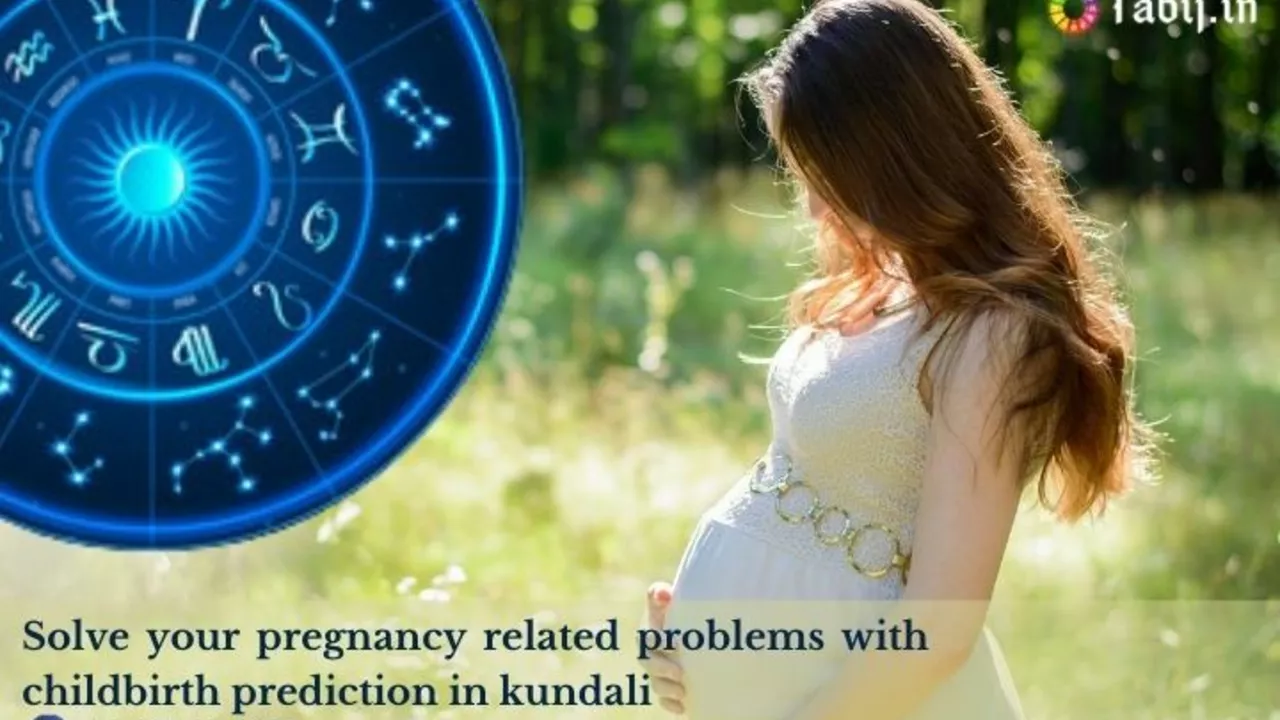Astrological Forecasting: What the Stars Actually Tell You
Ever wonder why you check your horoscope every morning? It’s not just habit – many people feel the sky’s movements give clues about love, work, and health. Let’s break down how those predictions are made and how you can use them without getting lost in mystic jargon.
How Forecasts Are Made
Astrological forecasting starts with your birth chart – a map of where the Sun, Moon, and planets were at the exact moment you were born. Vedic astrologers use the positions of the Moon and the twelve houses, while Western astrologers look at the Sun sign and planetary aspects. The key idea is that each planet carries a type of energy: Mars pushes you to act, Venus whispers about romance, and Mercury handles communication.
Every day the planets move a little. When a fast‑moving planet like Mercury lines up with a slower one, forecasters say a new theme shows up. For example, if Mercury squares Jupiter, you might feel an urge to speak big ideas, but also risk saying too much. Forecast writers translate those angles into short, practical advice – “watch your words” or “trust your gut.”
Using Forecasts in Everyday Life
Instead of treating a horoscope like a fixed destiny, think of it as a heads‑up. If your daily forecast warns of tension in relationships, you can choose a calmer tone in a text or postpone a tough conversation. When the stars suggest a boost in creativity, schedule that brainstorming session you’ve been putting off.
Many people also use month‑long forecasts to plan bigger moves. A Virgo‑ruled month, for instance, often emphasizes organization and health, making it a good time to start a fitness routine or clean up paperwork. On the flip side, a Leo‑heavy period can bring confidence that’s perfect for a presentation or a new hobby.
Here’s a quick way to test a forecast: pick one piece of advice from the day’s horoscope, follow it for 24‑48 hours, and note any difference. If you feel more focused after a “focus on details” tip, that’s a sign the star pattern resonated with your current situation.
Remember, the sky doesn’t force anything. It merely reflects patterns that can help you spot opportunities or pitfalls. Use the insight, not the excuse. When a prediction feels off, it might be a cue to look deeper at your own choices rather than blame the stars.
So next time you scroll past the daily horoscope, ask yourself: what practical step can I take right now? Whether you’re a skeptic or a believer, a little star‑based guidance can nudge you toward a better decision without taking over your free will.

Can we predict the delivery date by astrology?
- Jul, 20 2023
- Orion Stargazer
- 0 Comments
Astrology, while fascinating, is not a proven science and thus, cannot accurately predict a baby's delivery date. It's important to remember that a due date is estimated based on a woman's last menstrual period and the average gestation period, not the stars. While some people may find comfort or fun in astrological predictions, medical professionals rely on medical facts and evidence. So, while astrology can provide intriguing insights, it can't definitively tell us when a baby will be born. In the end, the baby is the one who decides when to make their grand entrance.